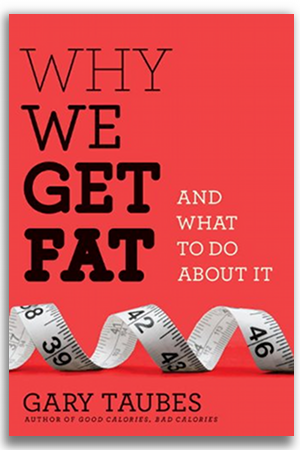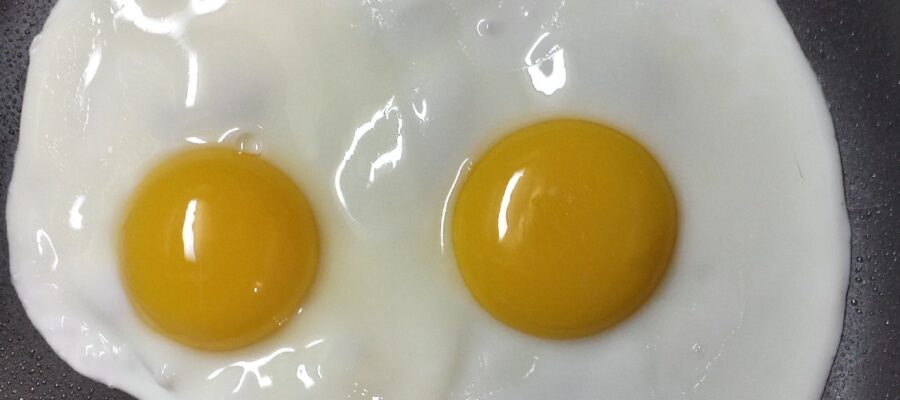Two days…two posts! Look out…I’m on a roll! A zero-carbohydrate, high-fat/high-protein roll of deliciousness! Let’s do this…
In 2000, while I was neck deep in my studies to become a physician assistant, a “dietary craze” (I believe this is how the mainstream viewed it) was re-establishing itself throughout the nation. A diet book written in the early 70’s was finding a whole new horde of followers. The author, Dr. Robert Atkins, made radical recommendations when it came to weight loss: reject the standard — high-carbs/low-fat and restricted calories — and espouse the reverse — eat as much as you like, as long as you avoid breads, pasta, potatoes, and simple sugars. Like most good “Followers of the Holy Doctrine of Weight Loss”, I pointed a wagging finger at anyone who preached this “new belief” (actually, it wasn’t new at all…it’d been around for longer than I could’ve imagined, predating Atkins himself…more on that later) and verbally branded them, “blasphemer” and “heretic”. Hell, I might’ve even cast a stone or two. But as a man who’s always struggled with his own weight I secretly coveted the rapid weight loss brought about by boundless calorie-filled, grease-laden meals where eggs and bacon, steak with cheese, and pepperoni seasoned with the occasional leafy green veggie were the standard. I’d heard that there were risks: kidney damage seemed to be the primary red flag. But I hadn’t seen the science to back up this inflammatory claim. Your cholesterol would literally skyrocket, turning your blood into a pink, frothy milkshake — who cares if this claim in nothing more than anecdotal beliefs…it sure sounded true! Also, to me the complete removal of what seemed to be a dietary staple (carbohydrates) seemed wholly unnatural. I mean, who doesn’t eat bread, right? But I was fat and I didn’t have the time or the inclination to balance my meals or exercise. It would call it a “one man experiment” — I would give it a try “strictly for my own edification…oh, and of course, for my friends and family. They will learn from this too.” If I lost a kidney, so be it…good science is a fickle mistress.
I did not buy Atkins’ book. Even in this situation I gave a little pushback against what was considered the standard; this is my nature. Instead I bought “Protein Power” by Michael and Mary Dan Eades. I recall that the 1st chapter of their book did an amazing job of explaining why carbohydrates make us fat (it is the insulin!) and why carbohydrate restriction is a better way to lose weight. I was neck deep in PA training at this time so there were no lazy hours available for me to pour over every page. I skimmed the remainder of the publication, made list of strategies derived from what I gleaned, and waded into the low-carb/high-fat pool. At this point I believe my story will parallel anyone you know that has ever tried such a diet…the pounds literally melted away. In a matter of maybe two months I lost twenty pounds. Also, I felt great! It could’ve been the weight loss or the change in fuel (ketones, anyone?) …it didn’t matter. It was awesome. Like religious zealots of old, I became a believer and started preaching the “Holy Word of Carbohydrate Restriction”. Huge plus: both my kidneys continued to function normally.
But…and there is always a “but”…I fell from grace. This was a very dynamic and stressful time in my life. Unbeknownst to me, my 1st marriage was failing, I was neck deep in academics, I was moving around the country every few months to fulfill clinical training requirements, and I had a constant social obligation to drink copious amounts of alcohol and eat like a Viking before battle when not taking exams or studying. I reverted back to my pasta loving state and I never looked back.
Leap forward to January 2011.
If you’ve read this blog you realize I wanted to make weight loss a central goal this year. I will not be redundant — I will just say that lots of things have hindered this ambition. But there were extended periods, six weeks…two months, where I watched what was going in (1900 calories a day) and keep track of calories burned only to watch my bathroom scale (it’s a top end, “no scrimping on the price” Tanita — because I am that obsessed with weight loss) inform me that I was failing miserably. If you’ve ever struggled with your weight, I don’t need to tell you how it feels. For those of you that haven’t had the misfortune of being forever flubber; it’s devastating.
About three months ago my wife (my current “love of my life” wife…or “much improved wife 2.0”), in a light “how was your day” conversation — the type that every couple has after eight hours at their respective places of employment, informed me that one of her coworkers was trying a new diet that she was very happy with. She was applying knowledge she’d learned from a book and it had changed the way she looked at the nutrition she put in her body. Normally, being a trained professional (sarcasm), I would disregard this immediately as probably being “faddish” or “downright whimsical”. My memories of diets focusing on protein and fat had long been relegated to the lower recesses of my cluttered brain — I’d converted back to my old ways. My devotion to the “Church of Calorie Restriction” was now well established. But I was no longer a mere follower of the Low-fat/High-Carbohydrate Order; I was a High Priest. I preached the “Doctrines of Calorie Counting” at the alter of patient care and I expected commitment from my devotees. But, as before, I was in a low place — my own application of the conventional weight-loss wisdom was failing. Could it be that my wife’s friend, I’d met her once and I didn’t remember her as an individual that struggled with the fat-monster but times change and corpulence strikes, had stumbled on the secret to slaying my obesity demon? I requested that my wife track down the name of the book. I would buy it — give it a read. What could it hurt?

About a month ago I picked up “Why We Get Fat” by Gary Taubes from my local campus bookstore. This was it…hardcover…around $24.00…not too much to pay if it might change my life for the better.
I am sure you’ve come to the conclusion already that this book recommends the low-to-zero carbohydrate diet that I’ve continually alluded to — and that it does. But it’s really so much more than that. It so happens, and I am not proud of this fact, I am a man of science. And not just any science…medical science! So I have a vested interest in anything that changes the way I might do business. Also, and this is critical to my beliefs, I MUST QUESTION CONVENTIONAL WISDOM. It is what we scientists do, or what we are supposed to do. If we didn’t continually reassess the status quo your doctor would still attach leeches to your private parts after diagnosing the cause of your sore throat as an excessive imbalance of your rubor or calor. Now you get Tylenol, penicillin, salt-water gargles, and two days off from work — tell me that’s not an improvement! But I digress.
So, what makes this tome different? First, and this is personal, I did have more time to devote to this rather short (it clocks in at just over 200 pages) and well-written publication. Unlike my experiences browsing through “Protein Power”, I was able to read each page Gary Taubes’ book. So this was no skim-over; it was review.
Second, as I noted above, it forced me to “question conventional wisdom”. It is one thing to be told what you believe in is wrong. It is completely another when you are told why it is wrong. And Mr. Taubes does this by providing a one-two punch of historic verification and solid scientific evidence. He treads over the same knowledge I grasped a decade earlier when I read the first chapter of the “Protein Power”; except this time it sunk in even deeper. I know this stuff…why haven’t I held onto this critical information…the destructive association between carbohydrates, insulin and obesity? There are discussions referencing great men of science whom, centuries ago, knew that carbohydrates were central to weight gain and never considered any association between fat on the bone and fat around our midsections. I felt pangs of guilt; I knew that the science — it was right there on the pages, referenced journal articles that I could find using my own resources — refuted what I’d been telling myself and my patients for years. I told them the only real weight loss option they had was a calories-in/calories-out diet. It was the only way they could drop the pounds and control the metabolic syndromes that were surely slowly killing them. When my patients told me of their failures more often than not I silently accused them of lying to themselves and me. I truly regret this and I regret not giving them the information I learned in this book as an option. You could defend me, it’s a new publication that was obviously unavailable when I was in patient care. But I knew back then carbs were bad and I made the decision to disregard that fact.
I finished the final chapter a week ago. Mr. Taubes openly admits that “Why We Get Fat” is not a diet book…it isn’t. And it doesn’t need to be. You don’t need 200 pages to tell someone how to eat right, but sometimes you need that many pages to tell someone what they are doing is going to kill them.
So here I am…a week (five days to be exact) into shunning “fattening carbohydrates”, eating steak, and embracing fat with no concern for calories. This morning the scale showed a four-pound loss. “Water weight” you may say…I’m drinking water like a fish right now so I would have say “no way” to that. You may think that a low-carb diet is insanity and you may be right…for the record, I don’t think you are. I’m going to head down this path for awhile and if it continues to work and it ends up providing me with the good health I crave, I imagine I will become a High-Priest in a different Church: “The Cathedral of Fat and Protein”.

